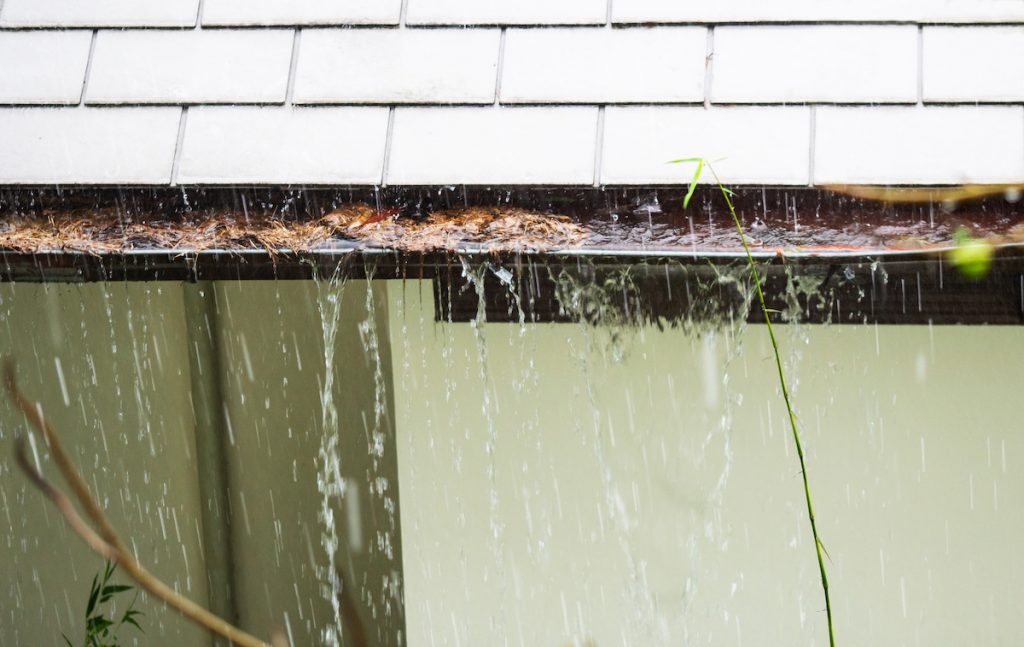The House's Common Common Leak Factors: Analysis
The House's Common Common Leak Factors: Analysis
Blog Article
What're your thoughts and feelings on Top Causes of Home Water Leaks?

Leaks not just create waste of water but can likewise create unnecessary damages to your home and promote unwanted organic growth. Sadly, water leakages could go unnoticed since most of the pipework in our house is hidden. By looking and also recognizing for day-to-day circumstances that create leakages, you can secure your home from future leaks and also unneeded damage. Today, we will take a look at six leakage triggers that might be causing your pipelines to trickle.
Instant temperature modifications.
Severe temperature level changes in our pipelines can trigger them to increase as well as get suddenly. This development and tightening may trigger splits in the pipes, specifically if the temperature are below cold.
Rusty water systems
As time passes by, your plumbing system ages and also deterioration such as rust may begin gnawing the pipelines. This may be the source of discoloration or bending on your pipes. This calls for an assessment with your plumber instantly. Take into consideration changing the pipelines given that they are at a higher threat of deterioration than the more recent models if our plumbing system is old.
Defective Pipeline Joints
The point at which your pipes connect is frequently the weakest web link in the waterline. Pipe joints can wear away in time, causing water leaks. However, the majority of pipeline joints are not conveniently visible. If you have noisy pipelines that make ticking or banging sounds, especially when the hot water is switched on, your pipeline joints are possibly under a lot of pressure. It is recommended to have your plumber check your system annually.
Encroaching origins
Most water leaks begin outside the house rather than inside it. If you discover a sudden decrease in water pressure, say in your tap, require time to head out and also analyze your lawn. You could discover wet patches or sinkholes in your lawn, which could imply that tree roots are getting into water lines triggering water to seep out. You can have your plumber look for intrusion, particularly if you have trees or shrubs near your property.
Poor Water Connectors
Sometimes, a leakage can be caused by loosened hoses and pipelines that provide your devices. Most of the time, shifting is what causes the loosened water Links. You could locate in the case of a cleaning maker, a pipe may spring a leak because of drinking throughout the spin cycle. In case of a water links leakage, you may discover water running directly from the supply line or pools around your home appliances.
Obstructed Drains
Blocked drains pipes might be annoying as well as inconveniencing, yet they can sometimes end up creating an overflow leading to burst pipes. Maintain getting rid of any kind of materials that may go down your drains that might block them to prevent such aggravations.
All the above are causes of leakages however not all water leakages result from plumbing leaks; some leaks might come from roof leakages. All leakages need to be fixed promptly to prevent water damage.
Leakages not just trigger waste of water but can also cause unnecessary damage to your residence as well as advertise undesirable organic growth. By looking and recognizing for day-to-day scenarios that trigger leakages, you can shield your residence from future leakages and also unneeded damage. Today, we will look at six leakage creates that might be triggering your pipes to drip.
At times, a leakage can be caused by loose pipes and pipes that provide your devices. In instance of a water links leakage, you might discover water running straight from the supply line or pools around your appliances.
How To Check For Water Leak In Your Home
How To Check for Leaks
The average household's leaks can account for nearly 10,000 gallons of water wasted every year and ten percent of homes have leaks that waste 90 gallons or more per day. Common types of leaks found in the home are worn toilet flappers, dripping faucets, and other leaking valves. These types of leaks are often easy to fix, requiring only a few tools and hardware that can pay for themselves in water savings. Fixing easily corrected household water leaks can save homeowners about 10 percent on their water bills.
To check for leaks in your home, you first need to determine whether you're wasting water and then identify the source of the leak. Here are some tips for finding leaks:
Take a look at your water usage during a colder month, such as January or February. If a family of four exceeds 12,000 gallons per month, there are serious leaks.
Check your water meter before and after a two-hour period when no water is being used. If the meter changes at all, you probably have a leak.
Identify toilet leaks by placing a drop of food coloring in the toilet tank. If any color shows up in the bowl after 10 minutes, you have a leak. (Be sure to flush immediately after the experiment to avoid staining the tank.)
Examine faucet gaskets and pipe fittings for any water on the outside of the pipe to check for surface leaks.
Undetected water leaks can happen without the home or business owner even realizing. If you suspect a water leak, but not able to find the source. It is time to contact a professional water leak detection service, The Leak Doctor.
How To Find a Water Leak In Your Home
https://www.leakdoctor.com/blog/How-To-Check-For-Water-Leak-In-Your-Home_AE197.html

I'm certainly very serious about How to Find Water Leaks and I really hope you enjoyed my blog posting. If you appreciated our article kindly do not forget to pass it around. Many thanks for taking the time to read it.
Professional approach assured. Report this page